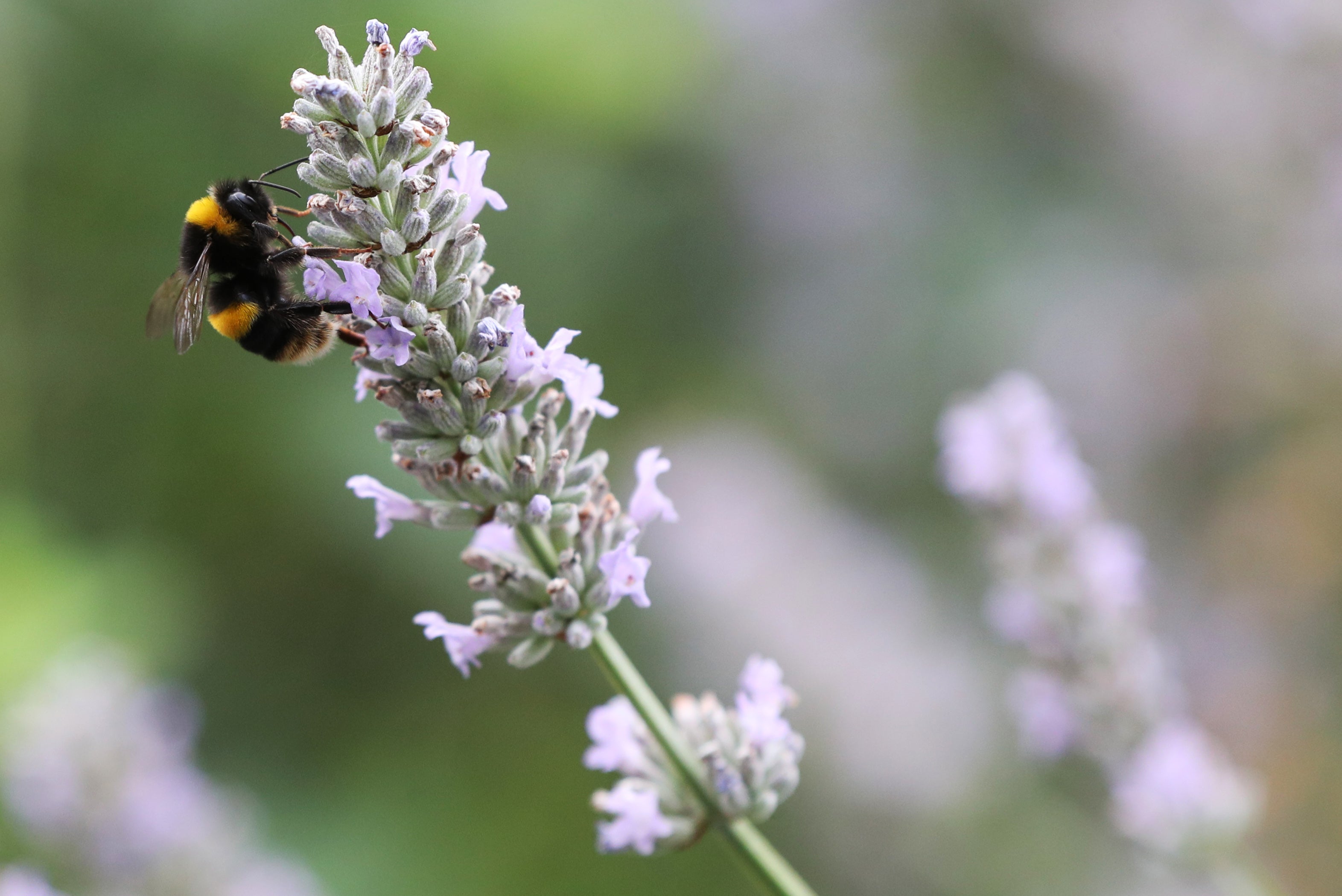World Bee Day: Build ‘motorway services for bees’, urges bug expert
Bees need to migrate to protect populations, but are struggling to reach safety

Your support helps us to tell the story
From reproductive rights to climate change to Big Tech, The Independent is on the ground when the story is developing. Whether it's investigating the financials of Elon Musk's pro-Trump PAC or producing our latest documentary, 'The A Word', which shines a light on the American women fighting for reproductive rights, we know how important it is to parse out the facts from the messaging.
At such a critical moment in US history, we need reporters on the ground. Your donation allows us to keep sending journalists to speak to both sides of the story.
The Independent is trusted by Americans across the entire political spectrum. And unlike many other quality news outlets, we choose not to lock Americans out of our reporting and analysis with paywalls. We believe quality journalism should be available to everyone, paid for by those who can afford it.
Your support makes all the difference.A bee expert is urging nature lovers to create ‘motorway service stations’ for bees in their gardens and window boxes.
British bees have suffered badly over the past fifty or so years due to changes in land use as a result of modern farming methods, urban spread, and expanding transport infrastructure.
There has been a 60 per cent reduction in bee numbers since 2004, and one of the major factors in that loss is that bees struggle to travel to other habitable areas – which is vital for their survival.
Paul Hetherington is a campaigner at invertebrate conservation charity Buglife, which is behind the B-Lines project to create a series of ‘insect pathways’ running through our countryside and towns.
He says planting bee-friendly flowers in gardens allows bees to fuel up when they migrate – similar to motorway services.
“Anyone can get involved, even if it’s just a window box,” Paul said. “If you have more land you can turn your lawn into a meadow.”

In the UK, pollinating insects are worth around £690m to the economy every year, according to a study by the University of Reading.
But they are dying. Massive declines in numbers are underway, largely due to human activity.
In January, a global study found that since 1990, a quarter of all bee species known to science – totalling around 20,000 – have not been seen, despite improvements and expansions in monitoring efforts.
And this year, the UK government said it will allow the usage of neonicotinoid pesticides, the use of which have been linked to collapses of pollinator populations, and are banned in the European Union.
Mr Hetherington added: “We’re looking at a very bleak picture. They are trapped in isolated pockets which puts them at risk if something catastrophic happens.”
Advice on the best flowers to plant to help bees can be found on the RHS website here.
Join our commenting forum
Join thought-provoking conversations, follow other Independent readers and see their replies
Comments